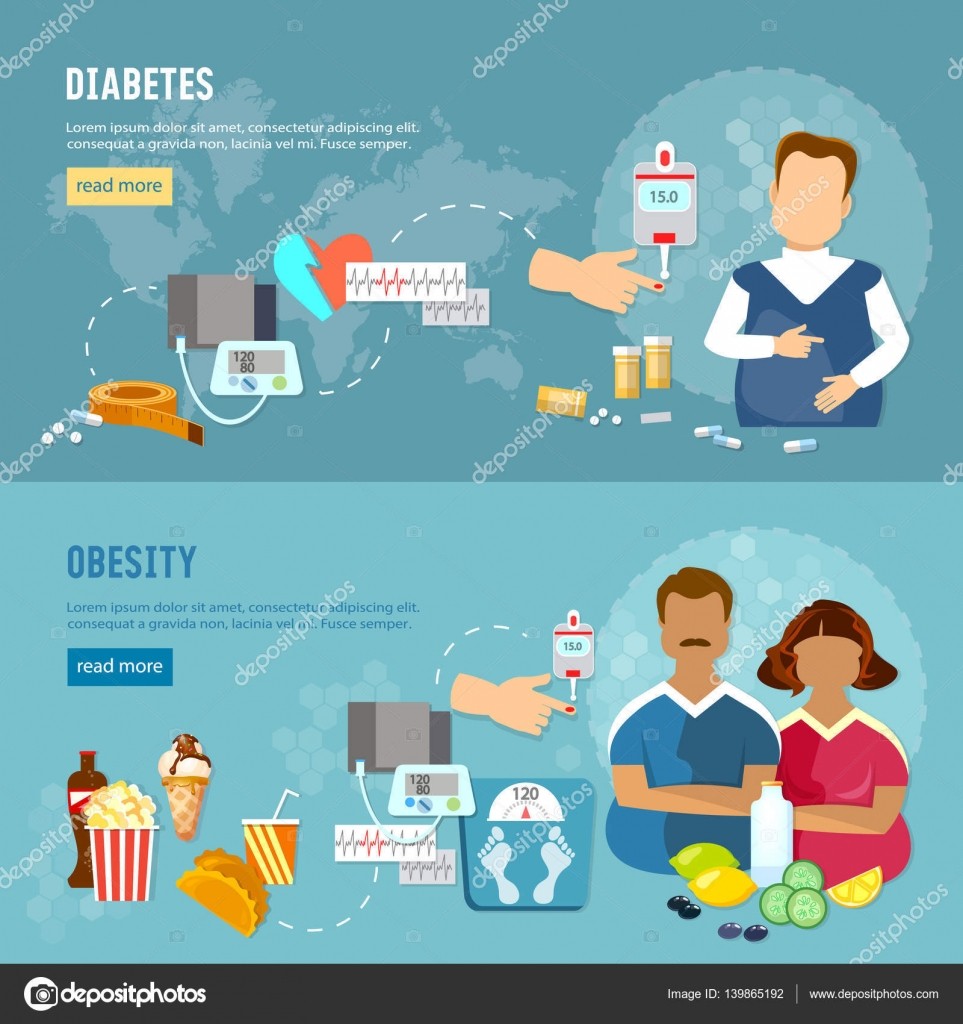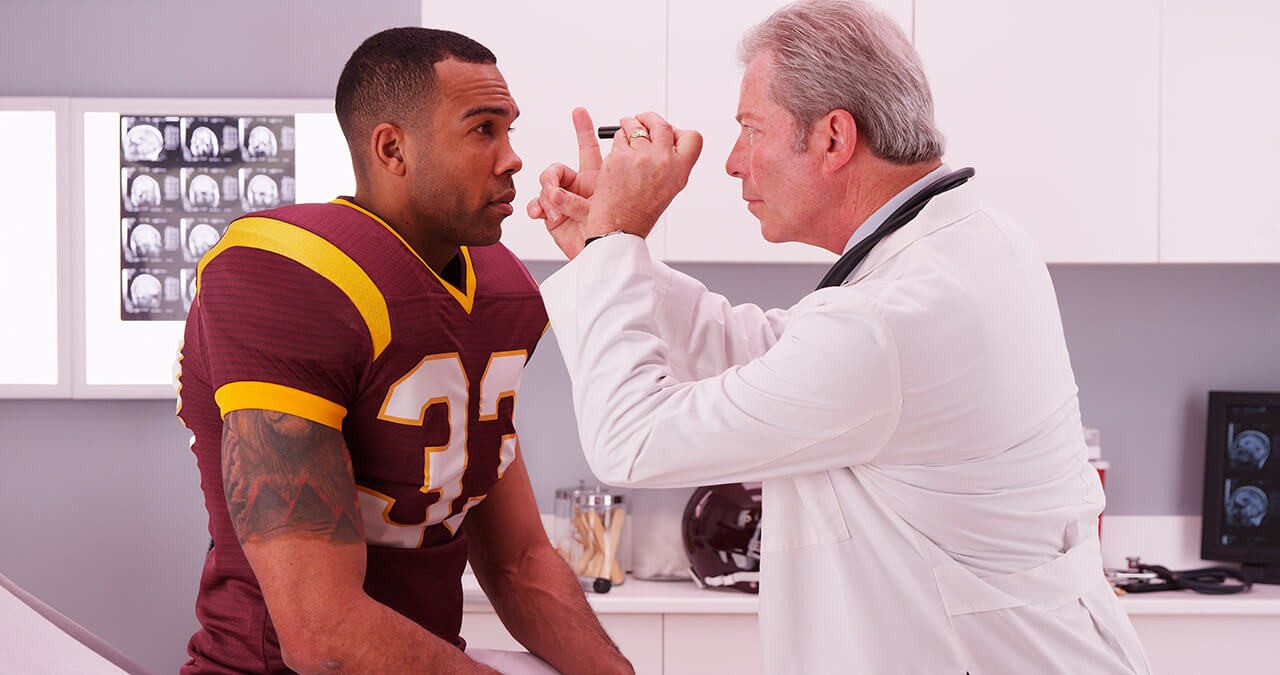How COVID-19 Impacts People with Diabetes

This information is based on current knowledge of COVID-19 and will be updated as additional scientific evidence is released.
We know you have questions. We have answers.
Q: Are people with diabetes more likely to get COVID-19?
A: There is not enough data to show whether people with diabetes are more likely to get COVID-19 than the general population. The problem people with diabetes face is primarily a problem of worse outcomes, not greater chance of contracting the virus. People with diabetes have much higher rates of serious complications and death than people without diabetes—and generally we believe that the more health conditions someone has (for example, diabetes and heart disease), the higher their chance of getting serious complications from COVID-19. Older people are also at higher risk.
While the death toll is likely to rise as the virus spreads, we expect the death rate—the number of people who die from the virus as a percentage of the total number of people who contract the virus—to go down as we get better at detecting and treating this specific virus.
Q: Do people with diabetes have a higher chance of experiencing serious complications from COVID-19?
A: People with diabetes do face a higher chance of experiencing serious complications from COVID-19. In general, people with diabetes are more likely to experience severe symptoms and complications when infected with a virus.
Your risk of getting very sick from COVID-19 is likely to be lower if your diabetes is well-managed. When people with diabetes do not manage their diabetes well and experience fluctuating blood sugars, they are generally at risk for a number of diabetes-related complications. Having heart disease or other complications in addition to diabetes could worsen the chance of getting seriously ill from COVID-19, like other viral infections, because your body’s ability to fight off an infection is compromised.
Viral infections can also increase inflammation, or internal swelling, in people with diabetes. This is also caused by above-target blood sugars, and both could contribute to more severe complications.
Q: Does COVID-19 cause diabetes?
A: We don’t yet have evidence as to whether COVID-19 contributes to the onset of diabetes.
Q: Do I need to worry about DKA (diabetic ketoacidosis)?
When sick with a viral infection, people with diabetes do face an increased risk of DKA (diabetic ketoacidosis), commonly experienced by people with type 1 diabetes.
DKA can make it challenging to manage your fluid intake and electrolyte levels—which is important in managing sepsis. Sepsis and septic shock are some of the more serious complications that some people with COVID-19 have experienced.
If your blood sugar has registered high (greater than 240 mg/dl) more than 2 times in a row, check for ketones to avoid DKA.
Q: Is COVID-19 different from the seasonal flu?
A: COVID-19 is proving to be a more serious illness than seasonal flu in everyone, including people with diabetes. All of the standard precautions to avoid infection that have been widely reported are even more important when dealing with this virus.
Recommended safety precautions are the same as for flu, such as frequent hand washing and covering coughs and sneezes with a tissue or your elbow.
We encourage people with diabetes to follow the guidance of the CDC and to review how you manage sick days—preparing for a sick day can make it easier.
Q: What are the symptoms and warning signs I should be watching out for—and what do I do if I think I’m developing them?
A: Pay attention for potential COVID-19 symptoms including fever, dry cough and shortness of breath. If you feel like you are developing symptoms, call your doctor.
When you call:
- Have your glucose reading available
- Have your ketone reading available
- Keep track of your fluid consumption (you can use a 1-liter water bottle) and report
- Be clear on your symptoms (for example: are you nauseated? Just a stuffy nose?)
- Ask your questions on how to manage your diabetes
Q: What are the emergency warning signs—and what should I do if I’m experiencing them?
A: If you develop emergency warning signs for COVID-19 get medical attention immediately. In adults, emergency warning signs include:
- Difficulty breathing or shortness of breath
- Persistent pain or pressure in the chest
- New confusion or inability to arouse
- Bluish lips or face
Q: Are the risks different for people with type 1 and type 2 diabetes?
A: The CDC is continuing to update their website as new information about COVID-19 becomes available. Currently, they are reporting that people of any age with certain underlying medical conditions, including type 2 diabetes, are at increased risk of severe illness from COVID-19.
Because COVID-19 is a new disease, currently there is limited data about the impact of underlying medical conditions and whether they increase the risk for severe illness from COVID-19. Based on what the CDC is reporting at this time, people with type 1 or gestational diabetes might be at an increased risk for severe illness from COVID-19.
It’s important to remember that people with either type of diabetes can vary in their age, complications and how well they have been managing their diabetes. People who already have diabetes-related health problems are likely to have worse outcomes if they contract COVID-19 than people with diabetes who are otherwise healthy, whichever type of diabetes they have.
Q: What should I do to prevent the spread of COVID-19 in my home—and what do I do if someone in my household has the virus?
A: For people with underlying health conditions, including diabetes, healthy family members in the household should conduct themselves as if they were a significant risk to them. For example, they should be sure to wash their hands before feeding or caring for them. If possible, a protected space should be made available for vulnerable household members, and all utensils and surfaces should be cleaned regularly.
If a member of your household is sick, be sure to give them their own room, if possible, and keep the door closed. Have only one family member care for them, and consider providing additional protections or more intensive care for household members over 65 years old or with underlying health conditions. Learn more about how to keep your home safe here.
Q: Will COVID-19 impact my access to insulin and other diabetes supplies?
A: Leading manufacturers are reporting that COVID-19 is not having an impact on their current manufacturing and distribution capabilities for insulin and other supplies at this time. We are continuing to monitor the situation and will provide updates should anything change. If you are struggling to pay for insulin or know someone who is, the ADA has resources to help—visit InsulinHelp.org.
Q: Do I have legal rights as a person with diabetes during the COVID-19 pandemic?
A: Yes, for more information, please visit https://www.diabetes.org/coronavirus-covid-19/know-your-rights-covid-19.
Q: Can disinfectants be ingested as a preventive measure?
A: No, people should not consume or misuse disinfectants. According to the CDC, household cleaners and disinfectants can cause health problems when not used properly. Follow the instructions on the product label to ensure safe and effective use.




